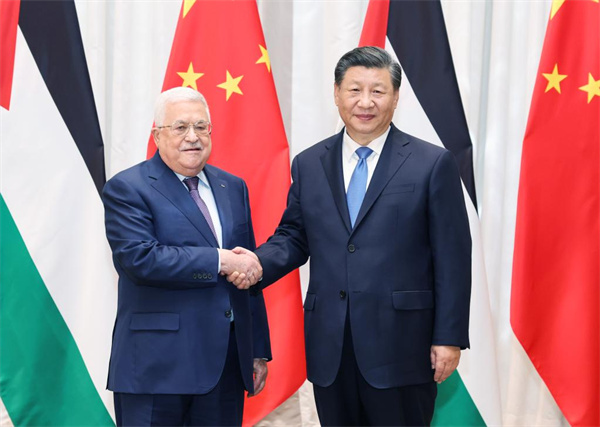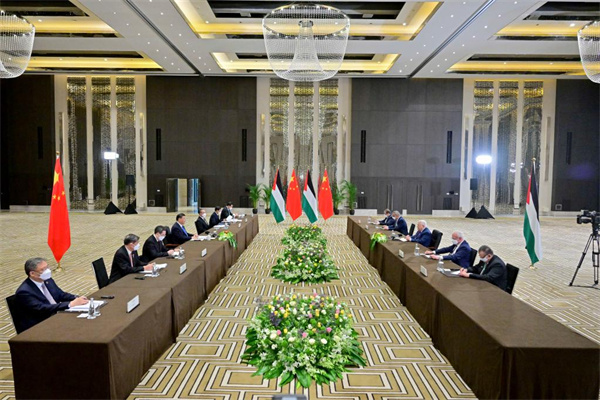DEC 10 WORLD HUMAN RIGHTS DAY
Standing Up For Sexual And Reproductive Rights For All
Statement by UNFPA Asia-Pacific Regional Director Björn Andersson on Human Rights Day 2022
As we observe Human Rights Day, let us remember the role that women from the Asia and the Pacific region have played in shaping the Universal Declaration of Human Rights, proclaimed in 1948, as we countdown to celebrating its 75th anniversary next year.
Hansa Mehta from India, a delegate to the United Nations Commission on Human Rights, was a staunch advocate who influenced the language of the Declaration by replacing the reference to “All men” with “All human beings”. Begum Shaista Ikramullah, a delegate to the UN from Pakistan, championed the inclusion of Article 16 on equal rights in marriage, which she saw as a way to combat child marriage and forced marriage. Today, we honor their, and other women’s leadership and great contribution to advancing human rights and gender equality in the region and beyond.
The power of the Universal Declaration lies in the foundation it has set for human rights. The International Conference on Population and Development (ICPD), widely adopted by Governments in 1994, was inspired by the Universal Declaration and took human rights one step further. The right to plan one’s family and women’s right to reproductive and sexual health as being key to their overall health were placed in the centre of a global consensus and at the very heart of development. UNFPA applauds the strides that many countries are making in enacting laws and regulations that guarantee full and equal access to sexual and reproductive health and rights.
Since then, we have seen notable progress in advancing women’s rights to sexual and reproductive health with much to celebrate. The Asia-Pacific region has seen an encouraging reduction in maternal deaths through increased access to midwifery and skilled birth attendance, and more women than ever before have access to contraceptives. Further, the number of girls married off before the age of 18 has declined particularly in South Asia.
However, we must ensure that this progress is not stagnating or even worse, reversed.
It is of much concern that an estimated 140 million women in Asia and the Pacific still lack access to modern methods of contraception, despite wanting to avoid or delay pregnancy. Every hour, 10 women die in pregnancy and childbirth in the region. UNFPA research indicates Asia and the Pacific has one of the highest prevalence rates of gender-based violence in the world with rates of women facing intimate partner violence reaching as high as 48 percent in parts of the region. Practices such as child marriage and preference of having a son, triggered by gender inequality and discrimination, are not yet chapters from the past. We are seeing worrying recent changes in national laws and legislations that limit individual liberties and bodily autonomy and risk adversely affecting a range of sexual and reproductive health and rights.
The intention of the Declaration was to protect people from human rights violations, by translating its content into practice through laws, policies, programmes and services. Research evidence shows the advancement of health, including mental health and quality of care, when human rights are respected and fulfilled.
Sexual and reproductive health is part of the right to health and is related to multiple human rights, including the right to life, the right to be free from torture, the right to privacy, the right to education, and the prohibition of discrimination. As such, every State has the ultimate responsibility to uphold, protect and fulfill every person’s right to sexual and reproductive health, as well as all other rights.
Ensuring everyone’s right to sexual and reproductive health is not just the right thing to do. It is also integral to the overall wellbeing and prosperity of entire communities and nations. A society in which everyone flourishes, regardless of their sex or gender, in which everyone’s human rights are protected and fulfilled, where each person is the architect of their own lives, is a society better equipped to achieve long-term stability and economic and political prosperity.
Let us be reminded today, and every day, of Elenor Roosevelt’s words, that human rights begin in “small places, close to home.. Unless these rights have meaning there, they have little meaning anywhere."






